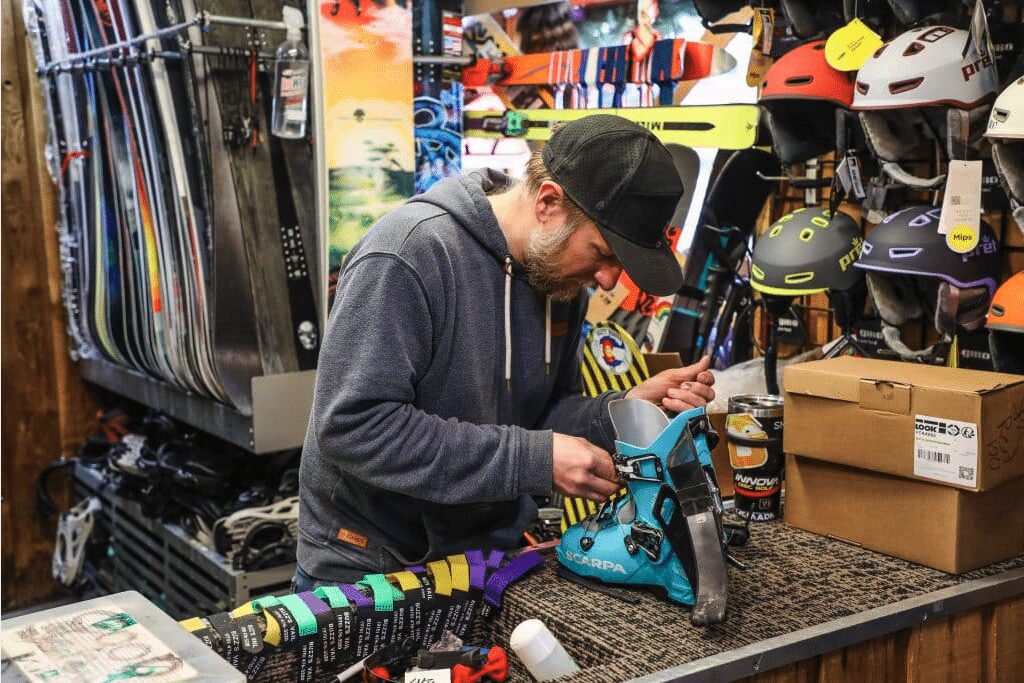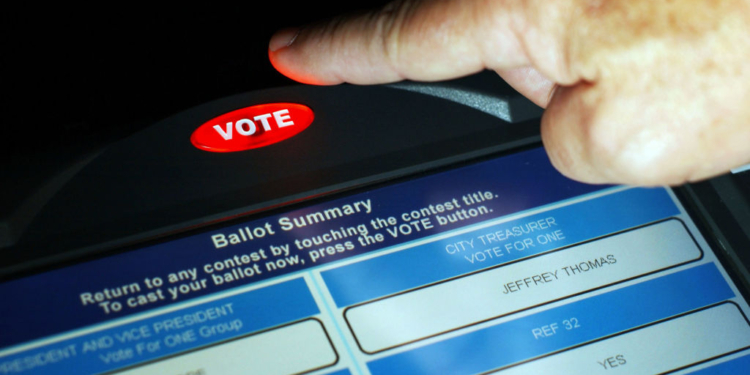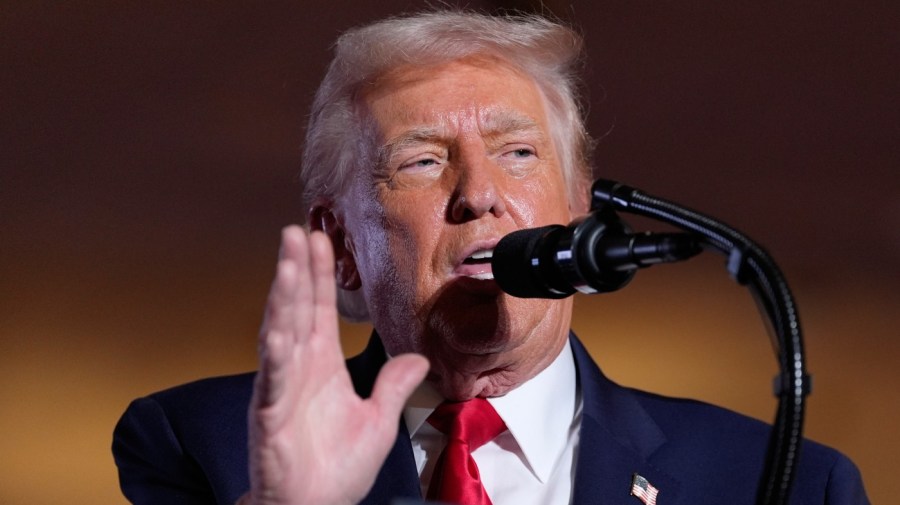URGENT UPDATE: Ski and snowboard enthusiasts in Colorado are facing significant price hikes on gear this season due to tariffs imposed by the Trump administration. Industry experts predict an average increase of 20% on essential winter sports equipment, including skis, snowboards, and apparel.
Just announced, Nick Sargent, President of Snowsports Industries America, revealed that customers can expect to pay more for items sourced from Europe and Asia, particularly China. “You can expect to pay more on Alpine hardgoods, like skis and snowboards,” Sargent stated. The tariffs, which include a 10% baseline tax on imports and up to 15% on goods from the European Union, are driving these price changes.
Tariffs are essentially taxes that companies must pay on imported goods, often resulting in higher costs for consumers. Since the beginning of Trump’s second term, tariffs have affected nearly all imported goods, including a staggering 35% on many products from Canada and 30% from Mexico. Although there was a temporary halt to a proposed 100% tariff on Chinese imports, current rates remain between 40-60% for many products.
Retailers across Colorado are scrambling to adapt. Charlie Burns, General Manager of Cripple Creek Bike and Backcountry in Silverthorne, expressed frustration: “A lot of what the tariffs are doing is raising the price for the end user, creating issues for us.” With prices changing rapidly, staff struggle to keep up with relabeling items to reflect new costs.
Manufacturers like Liberty Skis, based in Avon, are also feeling the pinch. “It’s a tax that the ski consumers pay. It’s as simple as that,” said founder Dan Chalfant. Liberty has had to shift manufacturing from China to Europe to mitigate costs, but still faces increased prices due to tariffs on raw materials sourced globally.
Winter sports equipment is predominantly produced overseas. Sargent noted that “the vast majority of winter snowsport products are manufactured outside of the U.S.” This reliance on international manufacturing means that price hikes are inevitable as tariffs fluctuate.
The Snowsports Industries America trade association has been working to keep its members informed about tariff changes. “The information can change day-to-day, hour-to-hour,” Sargent remarked. The uncertainty makes it challenging for businesses to plan effectively.
At Cripple Creek, Burns mentioned that price increases on winter gear have been widespread, affecting everything from avalanche equipment to gloves. “We don’t have much of anything that is made in the U.S.,” he added, highlighting the industry’s reliance on foreign manufacturing.
As winter approaches, retailers are urging customers to make purchases sooner rather than later. “It might not be a bad call to make that purchase,” Burns advised, acknowledging that prices are likely to continue rising.
This news underscores the immediate impact of tariffs on consumers in Colorado and beyond, posing challenges for both retailers and customers as they prepare for the winter season. The evolving landscape of tariffs and pricing could significantly influence consumer behavior in the coming weeks. Stay informed as this story develops.






